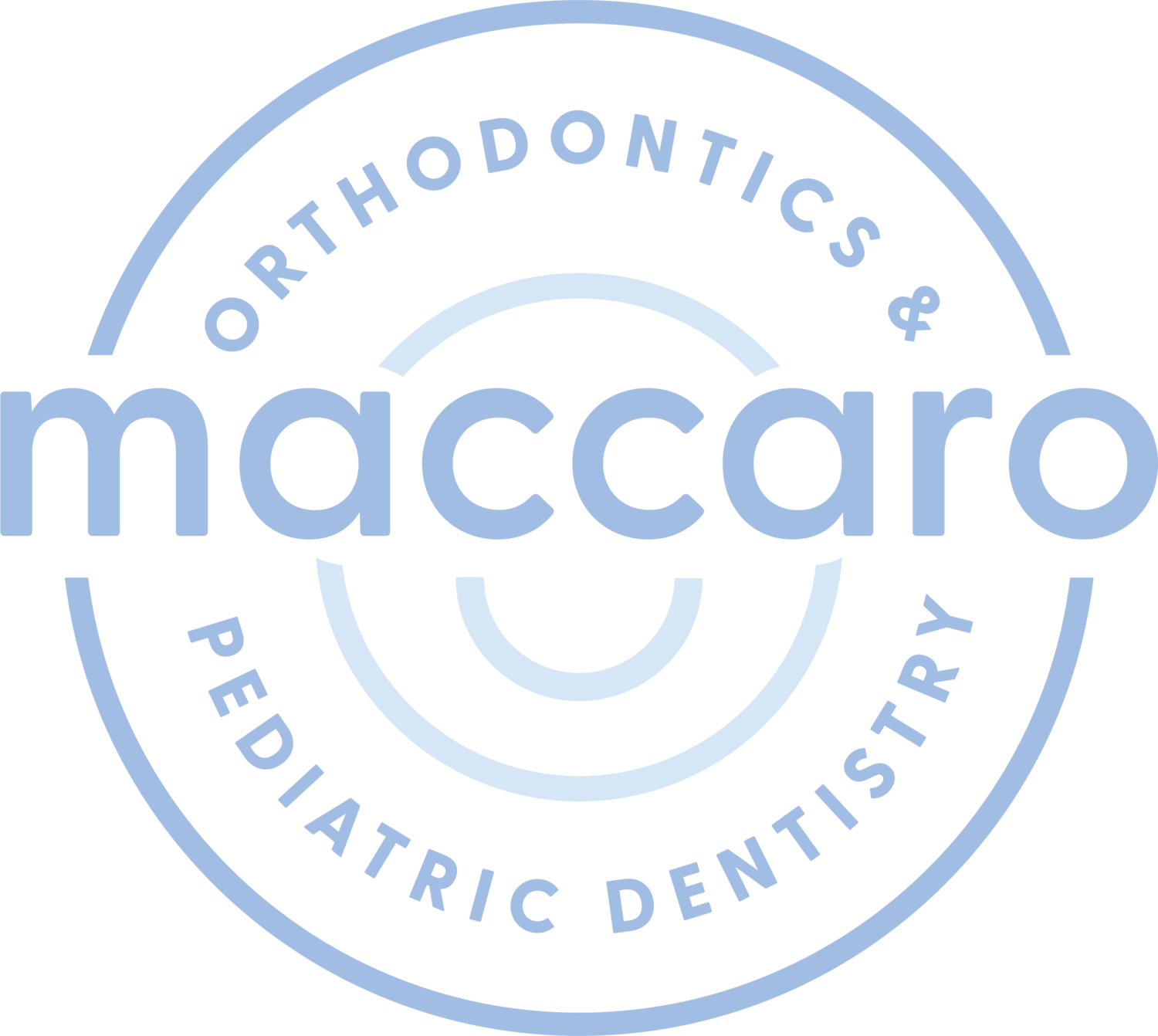Artificial Sweeteners and Teeth: What You Should Know
You know sugar isn’t good for teeth. In fact, it’s one of the most common culprits behind tooth decay. That’s why it’s recommended to limit exposure to foods and drinks with high sugar content, to drink plenty of water, and to brush afterward. But, what about artificial sweeteners? Do they have the same effect on teeth?
Common Artificial Sweeteners
There are a ton of different artificial sweeteners out there. Monk fruit, Stevia, sucralose, aspartame, saccharin, and acesulfame k are all common examples of artificial sweeteners or at least sweeteners that aren’t sugar. Some, like Stevia and monk fruit, come from naturally-occurring plants, so the term artificial only loosely applies. All of these examples provide a sweet taste but without the calories associated with sugar. You also don’t usually need as many of these sweeteners, since many of them are far sweeter than sugar.
Non-Cariogenic
In addition to having fewer calories while being sweeter, these artificial sweeteners are considered non-cariogenic. That means they don’t contribute to cavity development like sugar does. In fact, some of them could even help prevent cavities from developing. Part of what makes sugar cariogenic is that consuming it increases the mouth’s acidity. In contrast, these artificial sweeteners may have the opposite effect, balancing salivary pH, and lowering the presence of cariogenic bacteria.
A Word of Caution
That all sounds really good, right? Before you go crazy on artificial sweeteners, remember that there’s more to a food or beverage being good for you than simply not promoting cavity development. Food and drink that have higher quantities of sweeteners, whether sugar or otherwise, often lack nutritional value despite those with artificial sweeteners having fewer calories. Save such things for occasional treats, rather than consuming them regularly to improve the nutritional content of your diet.
If you (or your kids) have a sweet tooth that begs to be satisfied, you don’t have to resign yourself to always denying an indulgence. Choosing foods that contain artificial sweeteners could potentially reduce the risk of developing tooth decay while still allowing you to enjoy a sweet treat. You can even indulge in treats with high sugar content occasionally. Just make sure you take good care of your teeth and clean them thoroughly to protect them from decay.
Regular dental visits are an essential part of keeping your child’s teeth healthy. Click here to schedule a visit with Maccaro Orthodontics and Pediatric Dentistry today!
